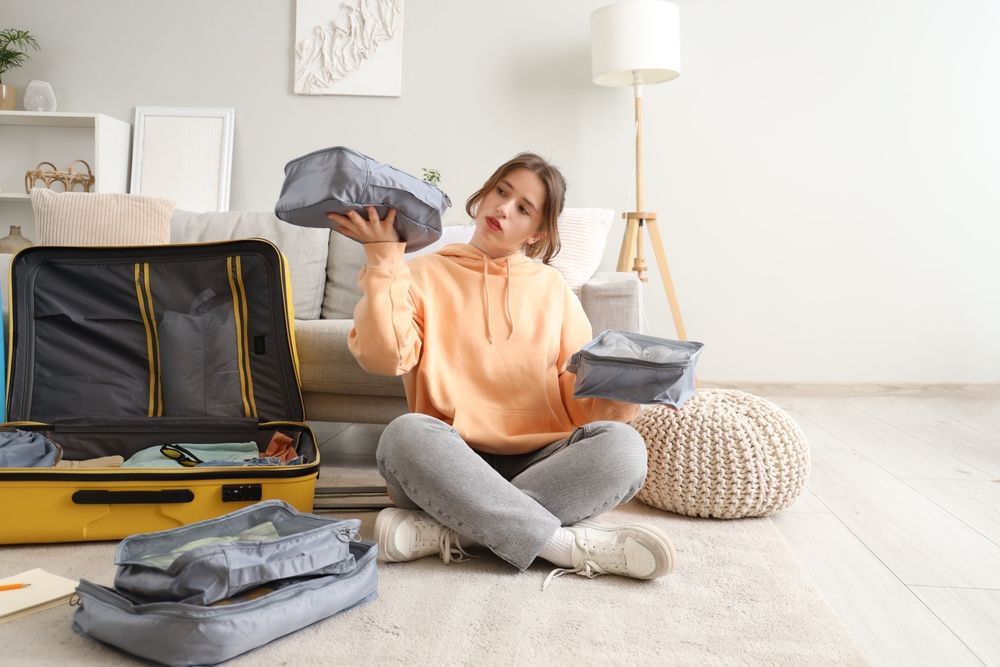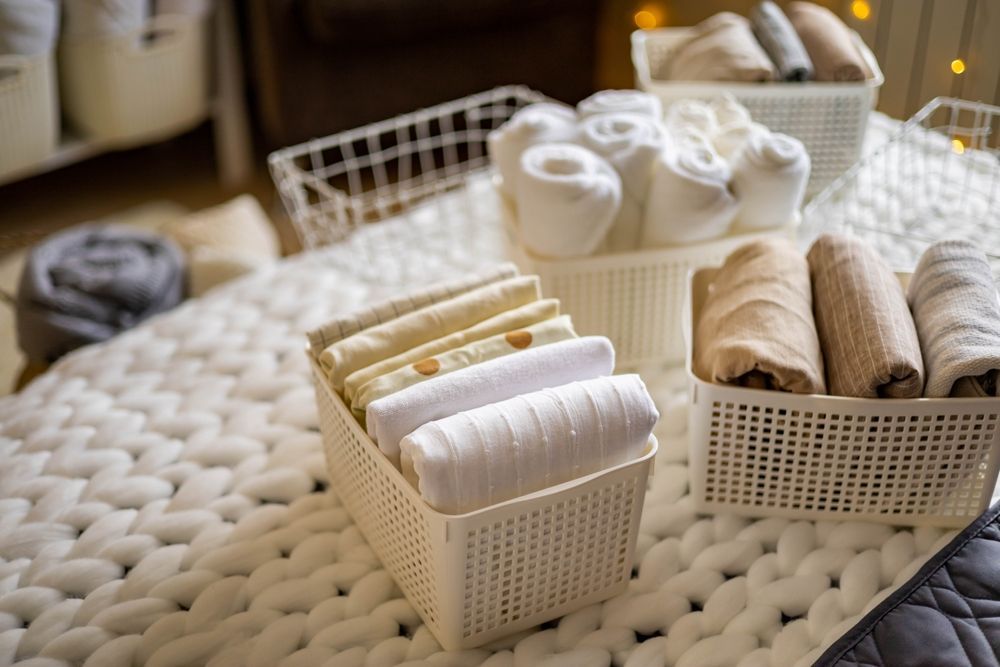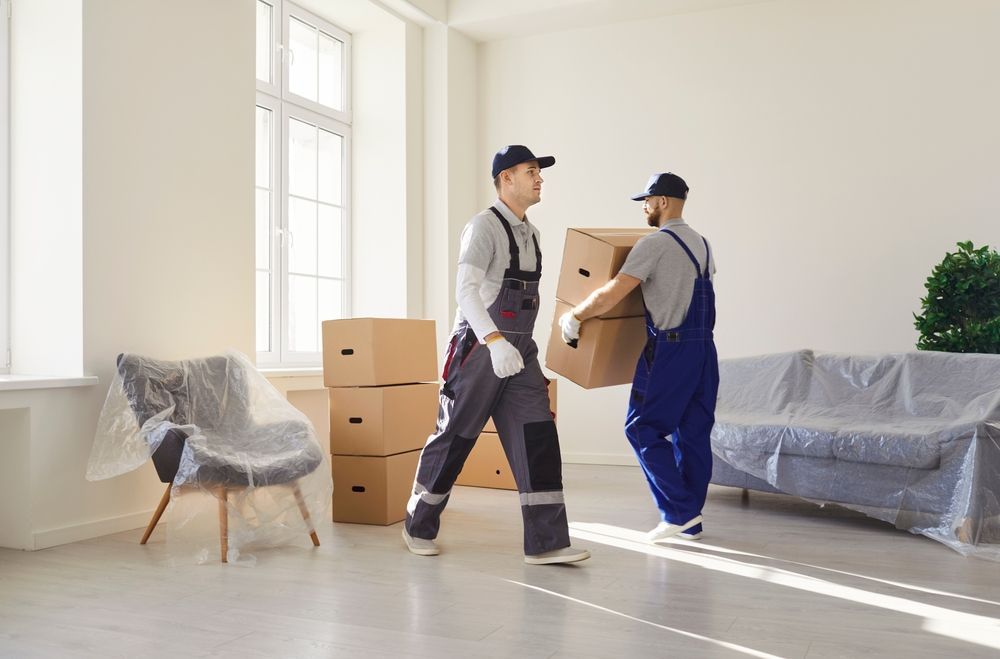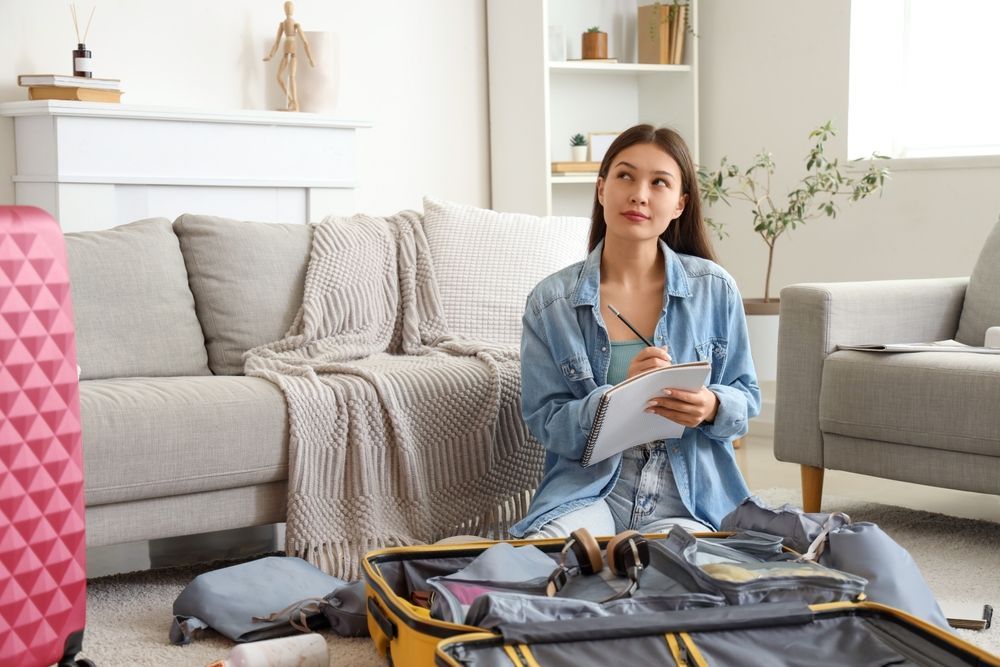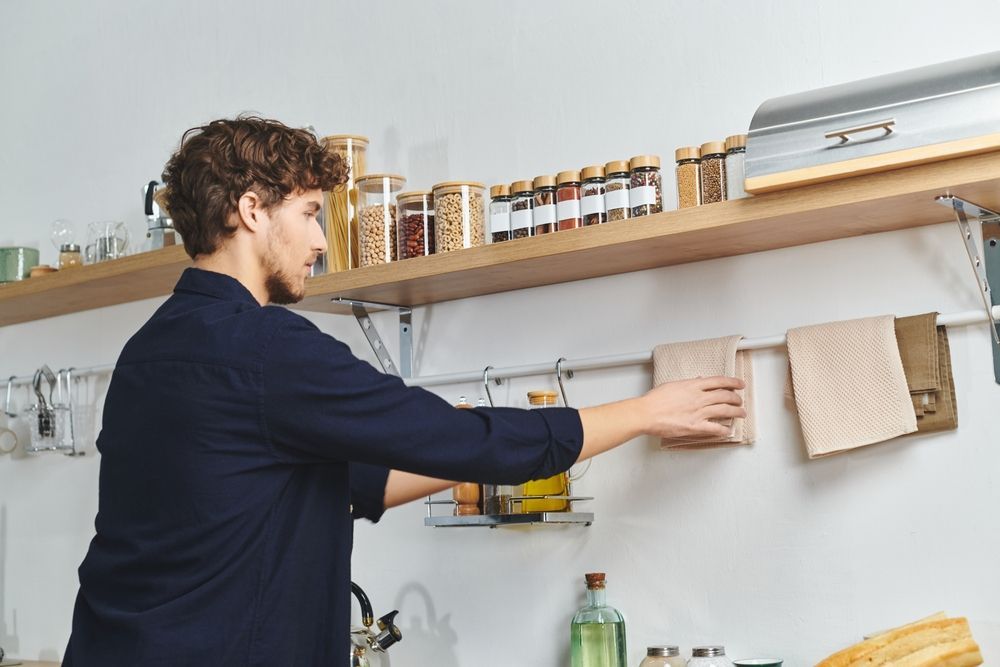How to Label Boxes for an Organized Move
A successful move depends on more than just packing boxes; it’s about knowing what’s inside them and where they belong. That’s why learning how to label boxes correctly is a key part of staying organized during any relocation. A clear labeling system saves time, reduces the chances of lost or damaged items, and makes unpacking much easier.
Labeling also helps movers and family members understand how to handle each box. Whether the contents are fragile, heavy, or need to be opened first, a proper label provides clear instructions at a glance. For larger homes or corporate relocations involving multiple rooms and timelines, having a consistent labeling method is especially important.
Organizing professionals, including teams at The Model Home, often rely on structured labeling methods as part of their packing and moving services. This guide outlines practical techniques for labeling boxes, covering what details to include, how to sort them by priority, and how to stay consistent across different rooms.
Why Labeling Boxes Matters for a Smooth Move
Clear labeling isn’t just helpful; it’s essential. During a move, boxes are often packed quickly and stacked in trucks or storage units without immediate access. Without proper labeling, unpacking becomes a guessing game, and important items may be misplaced or damaged in the process.
Using moving box labels makes it easier to identify the contents of each box and where they should go in the new space. This helps prevent delays, reduces unnecessary handling, and ensures that fragile or time-sensitive items are opened first. For example, marking a box as “Kitchen, Open First” signals that it contains essentials that need to be unpacked immediately.
Labeling also supports better communication between everyone involved in the move. Whether working with professional movers, apartment movers, or family and friends, having a visible, easy-to-read label on each box helps avoid confusion and keeps the entire process on track.
Essential Supplies for Labeling Boxes
Before diving into how to label boxes, gather the right tools. Having the proper moving supplies makes the process smoother and ensures your labels are clear and durable.
Must-Have Labeling Tools
- Permanent Markers: Choose bold, waterproof markers in multiple colors for visibility.
- Quality Labels or Stickers: Pre-printed or blank labels that stick securely to boxes.
- Clear Packing Tape: Secures labels and protects them from wear and tear.
- Notebook or Moving Binder: Track box contents and room assignments.
- Color-Coded Stickers: Assign colors to different rooms for quick identification.
For curated products to support organizing your home, packing, and labeling, you can visit our Amazon store for recommended essentials.
Step-by-Step Guide to Labeling Moving Boxes
Step 1: Create a Consistent Labeling System
Consistency is key when labeling. Decide on a system that suits your move, such as:
- Room-Based Labels: Mark boxes by their destination (e.g., “Kitchen,” “Home Office”).
- Priority Labels: Identify boxes that need to be unpacked immediately (e.g., “Essentials”).
- Numbered Labels: Assign a number to each box and track it in a moving binder.
This approach supports
organized living and helps professional movers handle boxes efficiently.
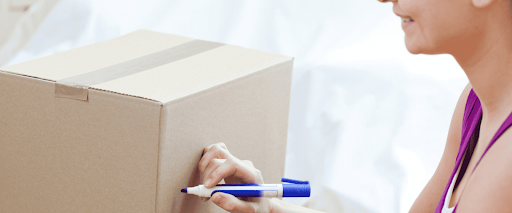
Step 2: Use Color Coding for Quick Identification
Color coding is a simple but effective way to streamline the move. Assign each room a color (e.g., red for the bedroom, green for the bathroom), using color-coded stickers. This technique is especially helpful when coordinating with residential movers or commercial movers who may not be familiar with your floor plan.
Step 3: Include Detailed Descriptions
Avoid vague labels. Instead of just “Bedroom,” write “Bedroom – Linens & Pillows.” This is particularly useful for large homes or if packing and unpacking services are being handled by a third party. Add handling instructions such as “Fragile,” “Heavy,” or “Keep Upright.”
Step 4: Label Multiple Sides of the Box
Always label at least two sides and the top of each box. This ensures your labels are visible no matter how the boxes are stacked. Clear labeling is especially useful for short-distance movers working quickly and under time pressure.
Step 5: Keep an Inventory List
A detailed inventory reduces stress and provides peace of mind. Track each box’s number, contents, and destination room in a moving binder or digital file.
Tips for Labeling Specific Types of Boxes
Labeling Fragile Items
Use bold, red markers to label “Fragile” on all sides. If items are especially delicate, double-box them and write “Handle with Care – Glassware” or similar. This method reduces breakage during transit and aligns with expert moving advice.
Labeling Essential Boxes
These should include items like medications, chargers, and basic kitchen or bathroom supplies. Label them “Essentials – Open First” and use a distinct color. Keep them accessible or hand them off to concierge moving services or relocation specialists.
Labeling Seasonal or Storage Items
Boxes with holiday décor or offseason clothing can be labeled “Storage – Holiday Décor” or “Garage – Tools.” It’s a simple way to plan for closet organization or garage organization once the move is complete.
Common Mistakes to Avoid When Labeling Boxes
Overloading Boxes Without Clear Labels
Packing too much into a single box without proper labeling can make unpacking a nightmare. Break things up and use your decluttering checklist to lighten the load before packing.
Using Low-Quality Supplies
Avoid using markers that fade or labels that peel. For a well-organized home, invest in high-quality materials, many of which can be found in our portfolio or on the Amazon store.
Inconsistent Labeling
Mixing multiple labeling methods, like numbers and colors without a pattern, creates confusion. Professional organizers who offer home organization services or office organizing services always stick to one consistent method.
Packing and Labeling for Long-Distance Moves
For long-distance or
corporate relocation, durability matters. Use double-walled boxes and weatherproof labels if the items will be stored temporarily.
Professional movers and packers typically recommend taping over labels to keep them readable.
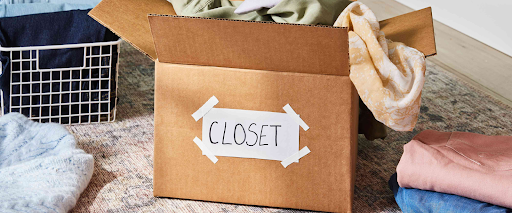
How Professional Organizers Help with Labeling
When moving involves multiple rooms, tight timelines, or complex household items, keeping track of everything can be difficult. Professional organizers often step in to simplify this process by developing clear labeling systems that align with the overall packing strategy.
By managing tasks like sorting, categorizing, and labeling, organizers help reduce the time and effort it takes to prepare for a move. They use structured methods to ensure that each box is labeled consistently, both for what’s inside and where it’s going, while also identifying fragile or priority items that need special handling.
FAQs About Labeling Boxes for a Move
What is the best way to label moving boxes?
Use a clear and consistent system with room names, content details, and handling instructions. Color coding and labeling multiple sides also help.
How do I organize moving supplies for labeling?
Gather quality markers, labels, and clear tape. A moving binder helps track contents, and using a color system simplifies room assignments.
Should I label fragile items differently?
Yes. Mark them boldly with “Fragile” and add instructions like “Handle with Care.” For extra safety, double-box items like glassware.
Conclusion
An organized move starts with knowing how to label boxes correctly. It saves time, prevents damage, and makes unpacking less stressful. A clear labeling system also helps movers understand where each box belongs and which ones need extra care. Whether it’s a residential move, dorm organization, or office move, this simple step can make a big difference.
The Model Home provides personalized organizing solutions and moving prep strategies that align with your needs. Backed by real client testimonials and a helpful referral program, we make sure your next transition is smooth, efficient, and guest-ready.
Book a call today and take the stress out of moving.


